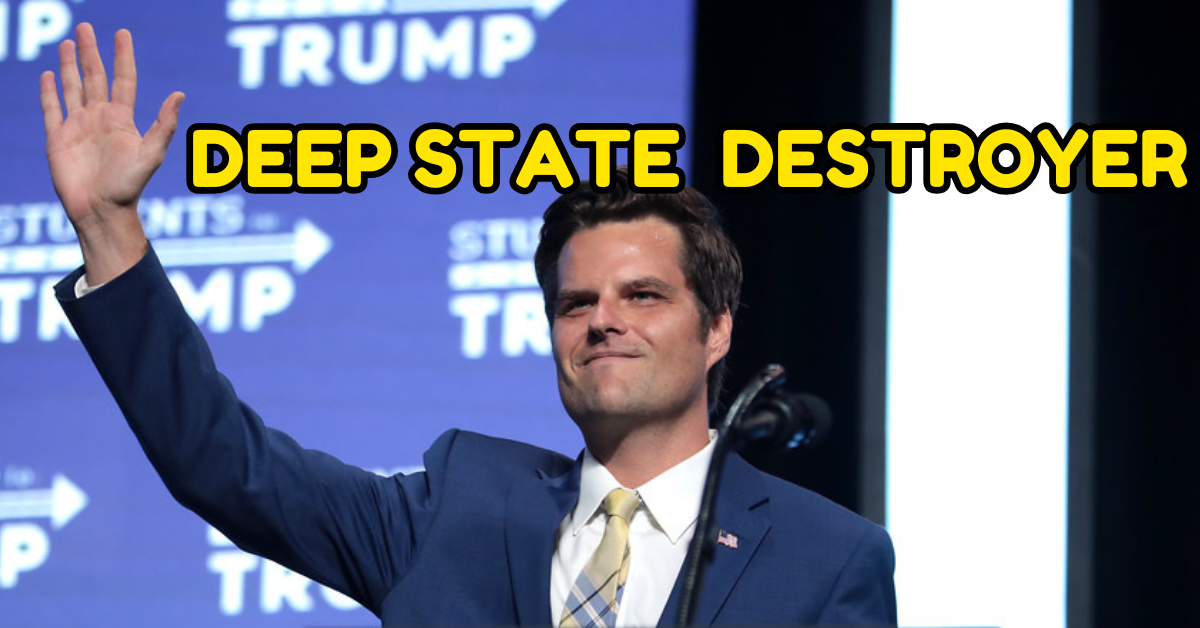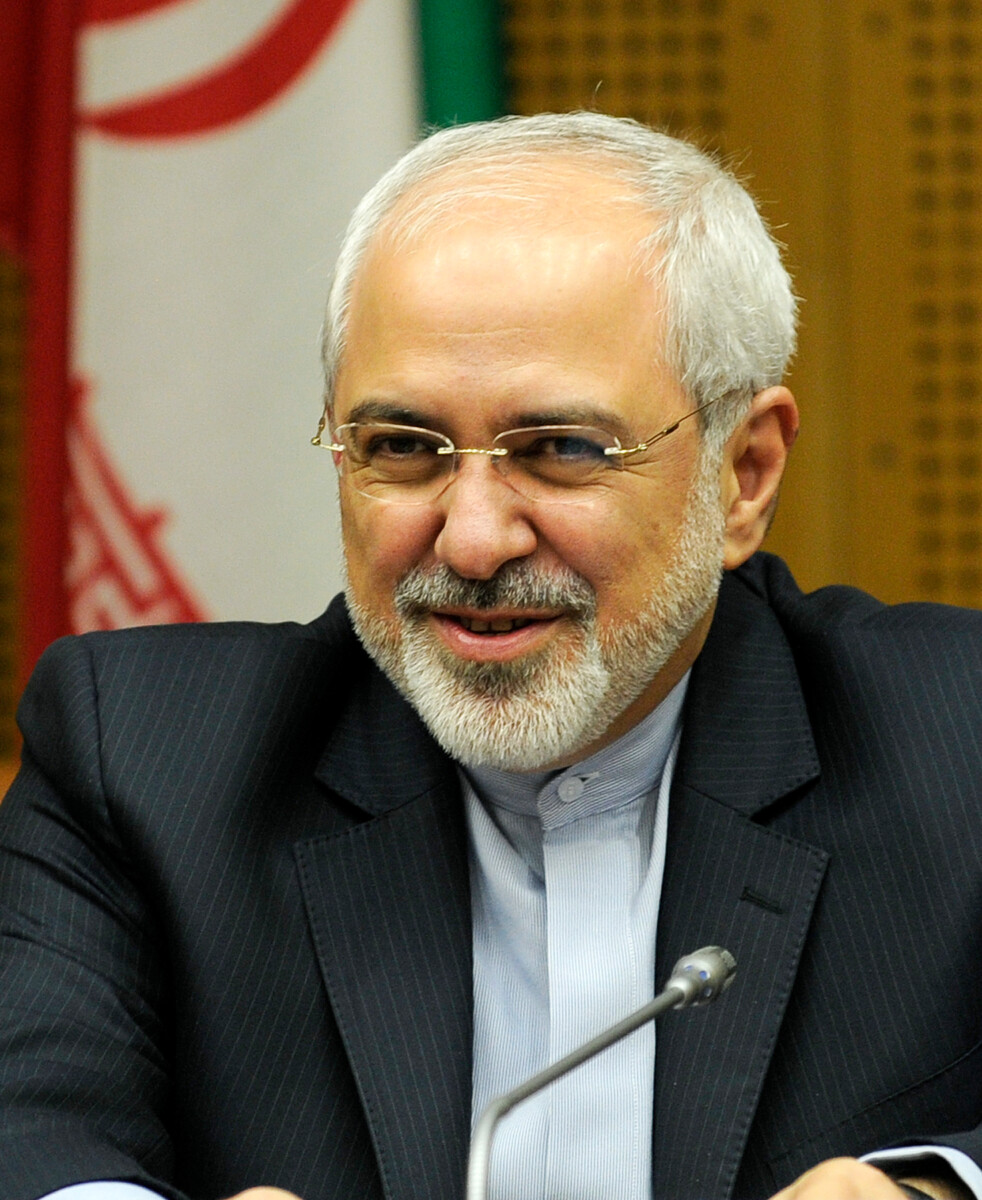The Fractured Landscape: Navigating the Complexities of US Politics in a Polarized Era
The American political landscape is currently a fractured tableau, a complex mosaic of shifting ideologies, deepening divides, and persistent uncertainties. From the lingering echoes of the Trump era to the challenges of a Biden presidency, the nation finds itself grappling with a range of pressing issues, fueled by partisan polarization, social media echo chambers, and a general erosion of trust in institutions. Understanding this complex environment requires a nuanced approach, moving beyond simplistic narratives and engaging with the diverse perspectives that shape the American political reality.
The Lingering Shadow of Trumpism:
Donald Trump’s presidency, while over, continues to exert a profound influence on American politics. His populist rhetoric, his disregard for established norms, and his skillful manipulation of social media left an indelible mark on the Republican Party and the broader political discourse. Trumpism, as it has come to be known, encompasses a blend of nationalism, economic protectionism, anti-immigration sentiment, and a deep distrust of the mainstream media and the political establishment.
One of the most significant legacies of Trumpism is the deepening polarization of the American electorate. Trump’s divisive rhetoric and his willingness to exploit cultural grievances resonated with a segment of the population that felt alienated and disenfranchised by the perceived elitism of the political establishment. This, in turn, led to a hardening of partisan lines and a growing inability to find common ground on even the most basic issues.
The influence of Trumpism within the Republican Party remains significant. While some moderate Republicans have attempted to distance themselves from Trump’s more extreme pronouncements, the vast majority of the party continues to embrace his policies and his brand of populism. This has created a challenging environment for Republican candidates who are seeking to appeal to a broader electorate, as they must balance the need to maintain the support of the Trump base with the need to win over independent voters.
Furthermore, the ongoing investigations into Trump’s actions, including his alleged involvement in the January 6th Capitol riot and his handling of classified documents, continue to fuel political division and cast a long shadow over the Republican Party. These investigations have become highly politicized, with Republicans often dismissing them as politically motivated witch hunts, while Democrats insist on holding Trump accountable for his actions.
The Biden Presidency: Navigating a Minefield:
President Joe Biden inherited a nation deeply divided and facing a multitude of challenges, including the COVID-19 pandemic, economic inequality, and climate change. His administration has pursued a policy agenda aimed at addressing these challenges, focusing on infrastructure investment, climate action, and social justice initiatives.
However, Biden’s presidency has been hampered by a number of factors, including the narrow Democratic majorities in Congress, persistent inflation, and ongoing geopolitical tensions. His efforts to pass major legislation, such as the Build Back Better plan, have been met with staunch Republican opposition and internal divisions within the Democratic Party.
The rising cost of living, particularly the surge in inflation, has become a major political liability for Biden. Republicans have seized on the issue to attack his economic policies, arguing that his spending programs have contributed to the problem. While the Biden administration has taken steps to address inflation, such as releasing oil from the Strategic Petroleum Reserve and working to alleviate supply chain bottlenecks, the issue remains a significant concern for voters.
Geopolitically, Biden has faced numerous challenges, including the Russian invasion of Ukraine, rising tensions with China, and the ongoing threat of terrorism. His administration has taken a strong stance against Russian aggression, providing military and economic assistance to Ukraine and imposing sanctions on Russia. However, the conflict in Ukraine has also raised concerns about the potential for a wider war and the impact on the global economy.
Biden’s approval ratings have remained relatively low throughout his presidency, reflecting the deep divisions within the American electorate and the numerous challenges he faces. His ability to navigate these challenges and unite the country will be crucial to his success as president.
The Rise of Political Extremism:
One of the most alarming trends in American politics is the rise of political extremism on both the left and the right. Fueled by social media echo chambers, partisan media outlets, and a general erosion of trust in institutions, extremist ideologies have gained traction among a segment of the population.
On the right, extremist groups such as the Proud Boys and the Oath Keepers have espoused white supremacist, anti-government, and anti-immigrant views. These groups have been linked to acts of violence and intimidation, including the January 6th Capitol riot.
On the left, extremist groups have espoused socialist, anti-capitalist, and anti-establishment views. These groups have also been linked to acts of violence and intimidation, including protests that have turned violent.
The rise of political extremism poses a serious threat to American democracy. Extremist ideologies can undermine social cohesion, erode trust in institutions, and even incite violence. It is crucial to counter these ideologies through education, dialogue, and a renewed commitment to democratic values.
Social Media and the Erosion of Truth:
Social media has become an increasingly powerful force in American politics. While social media can be a valuable tool for political mobilization and communication, it has also contributed to the spread of misinformation, the amplification of extremist views, and the erosion of trust in institutions.
Social media algorithms often prioritize engagement over accuracy, leading to the spread of sensationalized and misleading content. This can create echo chambers, where users are only exposed to information that confirms their existing beliefs, further reinforcing partisan polarization.
The anonymity afforded by social media can also embolden individuals to engage in abusive and hateful behavior. This can create a toxic online environment, making it difficult for civil discourse and constructive dialogue to take place.
Addressing the challenges posed by social media requires a multi-pronged approach. Social media companies need to take greater responsibility for the content that is shared on their platforms, implementing policies to combat misinformation and hate speech. Individuals also need to be more critical consumers of information, verifying the accuracy of claims before sharing them online.
The Future of American Politics:
The future of American politics is uncertain. The nation faces a multitude of challenges, including deep partisan divisions, rising political extremism, and the erosion of trust in institutions. However, there are also reasons for optimism.
A growing number of Americans are recognizing the need for greater civility and compromise in politics. There is also a growing awareness of the dangers of political extremism and the importance of defending democratic values.
Ultimately, the future of American politics will depend on the choices that Americans make. If Americans are willing to engage in constructive dialogue, to seek common ground, and to defend democratic values, then the nation can overcome its current challenges and build a more just and equitable society.
Key Issues Shaping the Landscape:
Beyond the overarching themes, several specific issues are actively shaping the current political landscape:
- Voting Rights: The debate over voting rights remains highly contentious. Republicans have enacted new laws in several states that critics argue will disproportionately disenfranchise minority voters. Democrats are pushing for federal legislation to protect voting rights, but their efforts have been blocked by Republican opposition in the Senate.
- Climate Change: Climate change is an increasingly urgent issue. The Biden administration has set ambitious goals for reducing greenhouse gas emissions, but its efforts have been hampered by Republican opposition and legal challenges.
- Immigration: Immigration remains a deeply divisive issue. Republicans favor stricter border enforcement and limits on immigration, while Democrats support a more comprehensive approach that includes a pathway to citizenship for undocumented immigrants.
- Economic Inequality: Economic inequality is a growing problem in the United States. The gap between the rich and the poor has widened in recent decades, leading to social and political instability.
- Healthcare: Healthcare remains a major concern for many Americans. The Affordable Care Act (ACA) has expanded access to health insurance, but Republicans have repeatedly attempted to repeal or weaken the law.
Conclusion:
The American political landscape is a complex and constantly evolving environment. Understanding the forces that are shaping this landscape requires a nuanced approach, moving beyond simplistic narratives and engaging with the diverse perspectives that shape the American political reality. By fostering open dialogue, critical thinking, and a commitment to democratic values, we can navigate the challenges of this polarized era and work towards a more united and prosperous future. The future of American democracy hinges on the ability to bridge divides, rebuild trust, and reaffirm the principles upon which the nation was founded. This requires not only political leadership but also a collective commitment from citizens to engage in informed and respectful discourse, and to actively participate in the democratic process. Only through such efforts can the fractured landscape begin to heal and a more unified vision for the future be forged.



